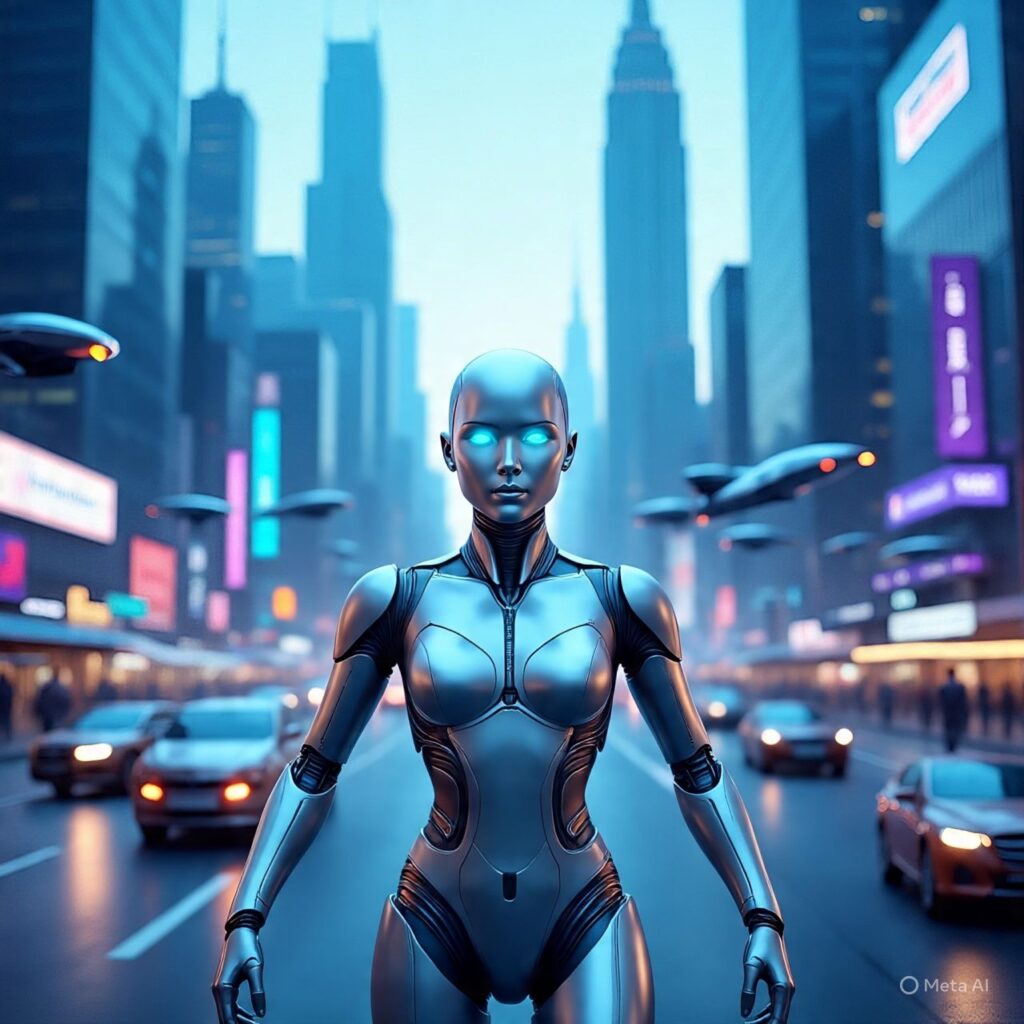The Rise of AI Influencers: Are Humans Losing the Spotlight?

By Dr. Anindita Dey
The Rise of AI Influencers: Are Humans Losing the Spotlight?
In the ever-evolving landscape of new media, one of the most fascinating—and slightly unsettling—trends is the rise of AI influencers. From Lil Miquela, a virtual Instagram star with millions of followers, to India’s very own Kyra, these computer-generated personalities are no longer science fiction. They collaborate with global brands, “pose” for photoshoots, and even engage with followers as if they were real people.
But what does this mean for the future of human-driven social media?
AI influencers offer brands something humans can’t—complete control. No scheduling conflicts, no scandals, no human errors. Their personalities, looks, and lifestyles can be designed to perfection, tailored to fit marketing goals. For brands, this is a dream come true. For human creators, however, it feels like a new wave of competition.
At the same time, audiences are divided. Many followers know these influencers aren’t “real,” yet they still like, comment, and engage. This raises deeper questions: do we crave authenticity, or are we simply drawn to engaging stories—whether human or not?
The rise of AI influencers also forces us to think about identity, labor, and creativity in the digital age. If algorithms can generate content, what happens to the value of human expression?
Ultimately, AI influencers aren’t replacing humans just yet. Instead, they’re reshaping the way we think about influence, storytelling, and connection. The challenge for us—both audiences and creators—is to find balance: appreciating innovation while still valuing the messy, flawed, and beautiful reality of human life that no algorithm can fully replicate.


